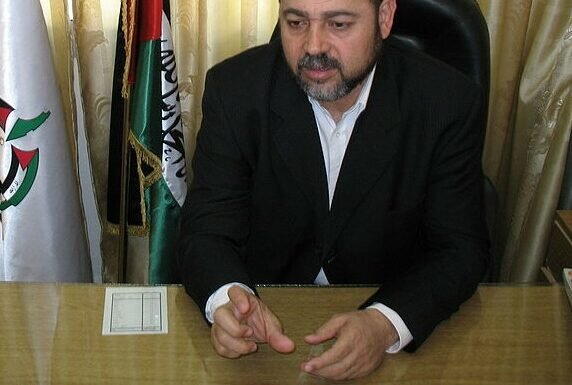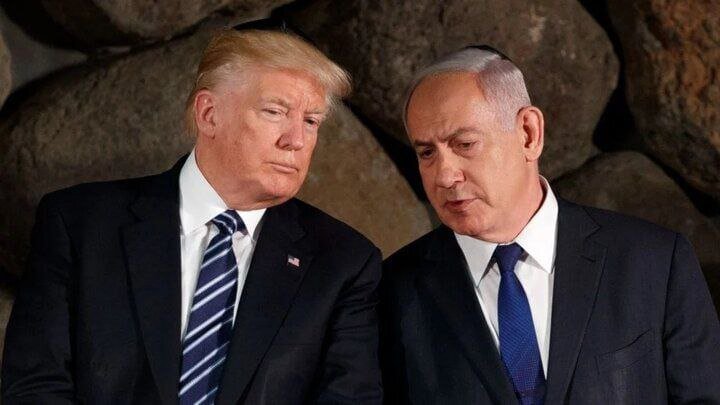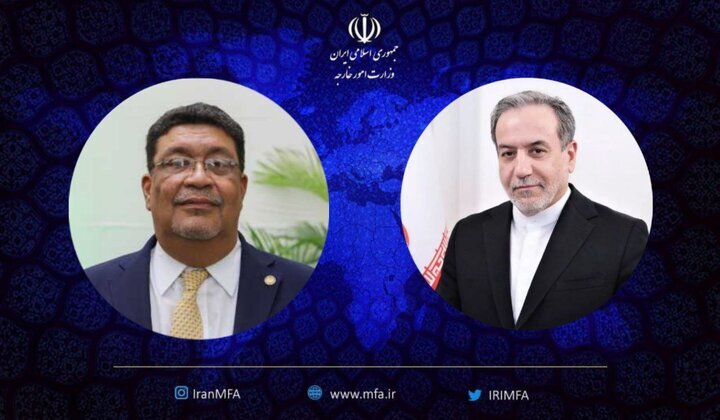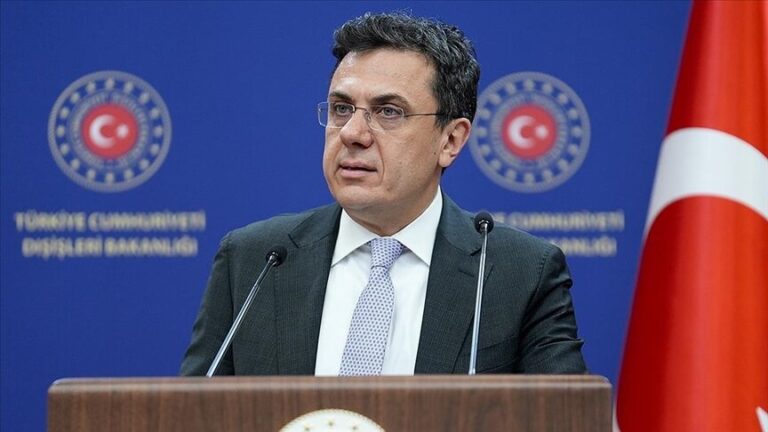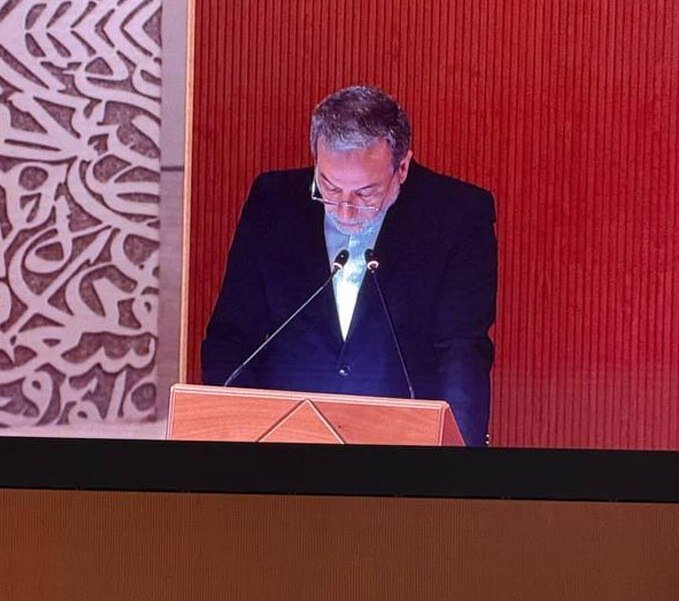Hamas Appeals to UK Court: Seeks Removal of Terrorist Designation
In a significant legal move, senior Hamas official Mousa Abu Marzouk has formally requested the UK government to reconsider its classification of Hamas as a terrorist organization. This application, filed with UK Home Secretary Yvette Cooper, seeks to challenge the designation and highlight the group’s narrative as a liberation movement.
Marzouk, who leads international relations and the legal office within Hamas’s political bureau, emphasizes that Hamas is fundamentally a “Palestinian Islamic liberation and resistance movement whose goal is to liberate Palestine and confront the Zionist project.” This assertion sets the stage for a complex legal discourse around the designation of Hamas.
The comprehensive filing, which spans over 100 pages, draws upon the expertise of 20 scholars, including the notable former ad hoc judge at the International Court of Justice, John Dugard. The core argument presented in the filing posits that labeling Hamas as a terrorist organization contravenes the UK’s international legal obligations, particularly regarding the prohibition of complicity in genocide.
Key points from the filing include:
- The UK’s designation of Hamas is argued to violate the group’s rights to freedom of expression and assembly.
- The classification is deemed disproportionate in relation to Hamas’s stated objectives.
- The legal representatives assert that while Hamas’s actions may be labeled as “terrorism” under UK law, similar accusations could be directed at the military actions of Israel, Ukraine, and even the UK itself.
The legal team, Riverway Law, articulates the importance of this application, noting the historical context of the British government’s role in the dispossession of the Palestinian people. In a statement shared on social media platform X, they highlight that the application is significant, given the UK’s long-standing involvement in the Palestinian issue.
This legal maneuver comes amid ongoing debates about the definitions of terrorism and the broader implications of such designations on international relations and humanitarian efforts. The classification of groups as terrorist organizations often carries substantial diplomatic and operational consequences, affecting everything from funding to international dialogue.
Marzouk’s application is poised to stir discussions in legal and political spheres, particularly regarding the balance between national security and the rights of people in conflict zones. As the UK government reviews the application, it will have to navigate complex legal frameworks and international norms.
Throughout the filing, the emphasis is placed on the rights of the Palestinian people and the need for a reconsideration of Hamas’s status. The argument that proscribing Hamas constitutes a breach of international law presents a compelling case for advocates seeking to reshape perceptions of the group in the international community.
Furthermore, the implications of this legal battle extend beyond the immediate classification of Hamas. It raises broader questions about how nations categorize movements engaged in protracted conflict and the impact of such classifications on peace processes.
In summary, the legal application submitted by Mousa Abu Marzouk on behalf of Hamas is not merely about reclassifying a group but opens a dialogue about the rights of people in conflict, the definitions of terrorism, and the historical context of international intervention. As the situation develops, the response from the UK government and the international community will be closely monitored, potentially influencing future legal frameworks and diplomatic relations in the region.
This case illustrates the complexities inherent in international law and the often-contentious nature of designating organizations as terrorist entities. The outcome may have far-reaching implications for the ongoing Israeli-Palestinian conflict and the broader geopolitical landscape.
As discussions evolve, it remains crucial for all stakeholders to engage in dialogue that respects human rights and strives for a just resolution to the long-standing issues faced by the Palestinian people.
